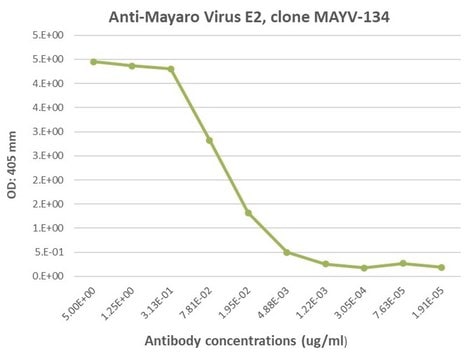PHR1136
Guaiacol
Pharmaceutical Secondary Standard; Certified Reference Material
Synonym(s):
2-Methoxyphenol, Catechol monomethyl ether, Pyrocatechol monomethyl ether
About This Item
Recommended Products
grade
certified reference material
pharmaceutical secondary standard
Quality Level
Agency
traceable to Ph. Eur. Y0000619
traceable to USP 1300004
vapor density
4.27 (vs air)
vapor pressure
0.11 mmHg ( 25 °C)
API family
guaiacol
CofA
current certificate can be downloaded
technique(s)
HPLC: suitable
gas chromatography (GC): suitable
refractive index
n20/D 1.543 (lit.)
bp
205 °C (lit.)
mp
26-29 °C (lit.)
density
1.129 g/mL at 25 °C (lit.)
application(s)
cleaning products
cosmetics
flavors and fragrances
food and beverages
personal care
pharmaceutical (small molecule)
format
neat
storage temp.
2-8°C
SMILES string
COc1ccccc1O
InChI
1S/C7H8O2/c1-9-7-5-3-2-4-6(7)8/h2-5,8H,1H3
InChI key
LHGVFZTZFXWLCP-UHFFFAOYSA-N
Looking for similar products? Visit Product Comparison Guide
General description
Application
Biochem/physiol Actions
Analysis Note
Other Notes
Footnote
Recommended products
related product
Signal Word
Warning
Hazard Statements
Precautionary Statements
Hazard Classifications
Acute Tox. 4 Oral - Eye Irrit. 2 - Skin Irrit. 2
Storage Class Code
11 - Combustible Solids
WGK
WGK 1
Flash Point(F)
194.0 °F - closed cup
Flash Point(C)
90 °C - closed cup
Choose from one of the most recent versions:
Already Own This Product?
Find documentation for the products that you have recently purchased in the Document Library.
Customers Also Viewed
Our team of scientists has experience in all areas of research including Life Science, Material Science, Chemical Synthesis, Chromatography, Analytical and many others.
Contact Technical Service











